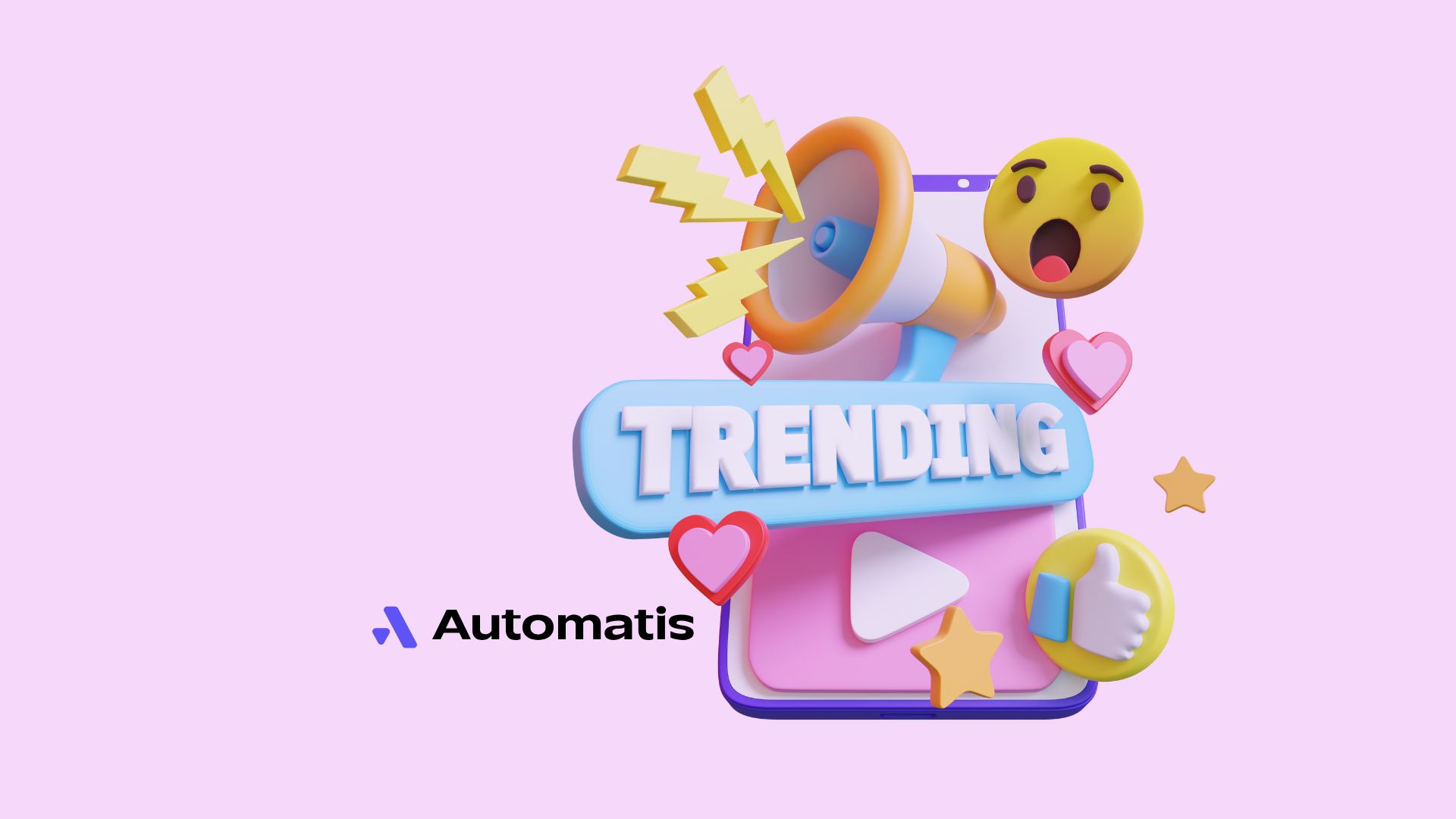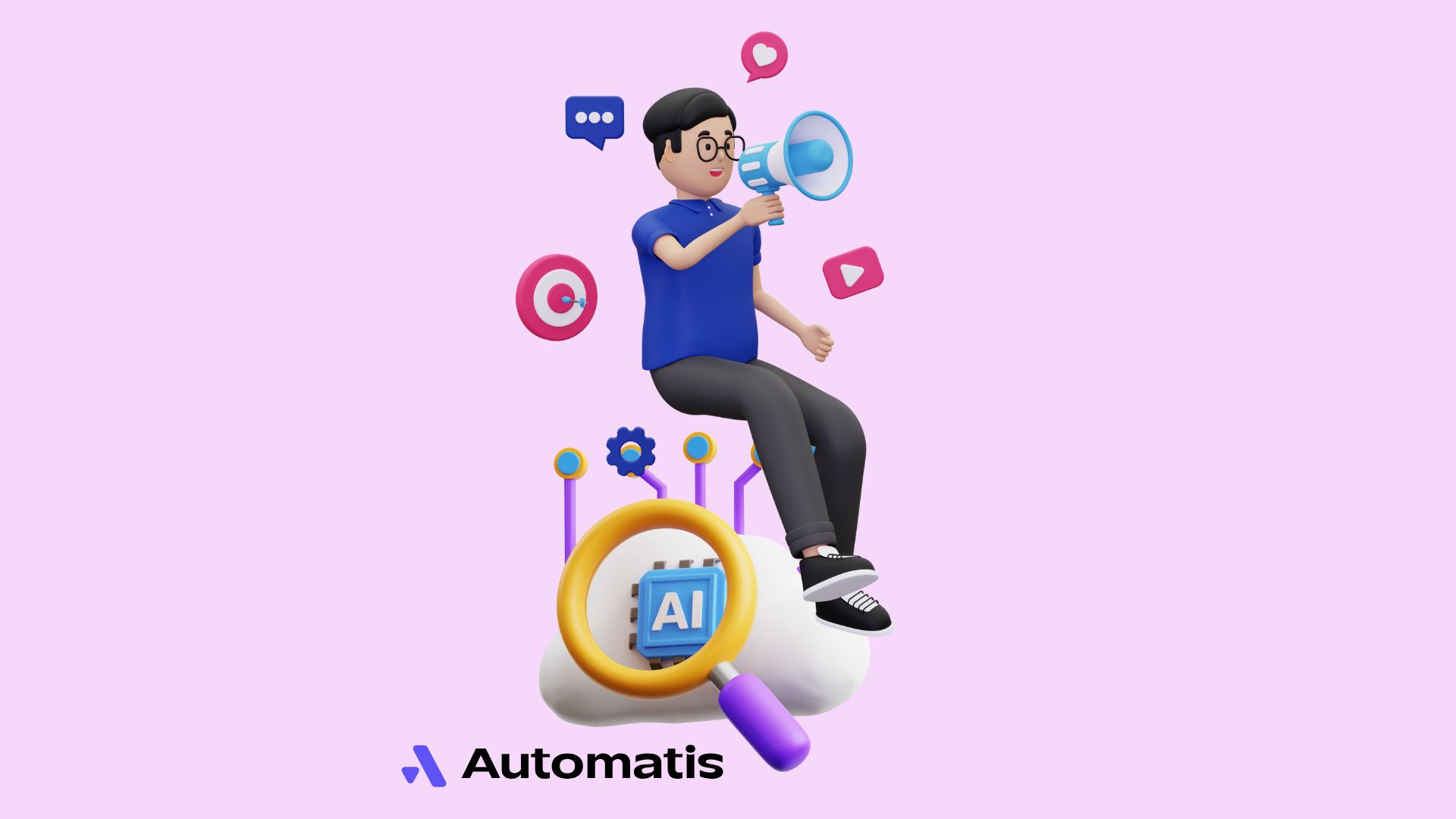Social media automation has transformed the digital landscape, enabling businesses and marketers to manage tasks with unprecedented efficiency. From scheduling posts to analyzing audience engagement, automated tools save time and resources. However, as these tools grow more sophisticated, they bring with them a host of ethical concerns.
Are we prioritizing efficiency at the cost of fairness, privacy, or trust? As social media becomes an integral part of our lives, these questions are more relevant than ever. This article explores the ethical challenges of social media automation and offers insights into navigating this complex terrain responsibly.
What is Social Media Automation?
Definition and Purpose
Social media automation refers to the use of software and tools to streamline repetitive tasks like posting content, managing interactions, and analyzing performance metrics. It aims to enhance productivity, allowing businesses to focus on strategy rather than operational details.
Key Benefits of Social Media Automation
The advantages of automation are undeniable. Tools like Hootsuite and Sprout Social allow businesses to scale their operations, maintain consistent online presence, and respond quickly to audience trends. For small teams or individuals managing multiple accounts, automation is a lifesaver.
The Ethical Landscape of Social Media Automation
Privacy Concerns
Automation tools often rely on user data to function effectively, but this raises significant privacy issues. Are users aware of how their data is being collected and used? Transparency in data handling is crucial to maintaining trust.
For instance, tools that analyze private messages for sentiment analysis or target ads based on personal data must ensure compliance with privacy regulations like GDPR. Businesses that misuse or mishandle this information risk legal repercussions and reputational damage.
Transparency in Automated Content
When users interact with automated responses or chatbots, they deserve to know they're engaging with a machine, not a human. Transparency fosters trust and ensures ethical interactions.
Failing to disclose the use of bots can lead to frustration and a sense of betrayal among users, especially in sensitive areas like customer support or political discussions.
Ethical Challenges in Social Media Automation
Manipulation of User Behavior
Automation tools can be used to exploit algorithms, influencing user behavior in ways that may not align with ethical standards. For example, creating echo chambers by targeting specific demographics with biased content can deepen societal divides.
Amplification of Misinformation
One of the most pressing concerns is the role of automation in spreading misinformation. Automated tools designed to maximize reach may inadvertently promote false or harmful content.
For instance, an AI tool might prioritize engagement metrics without assessing content accuracy, leading to the rapid spread of fake news. This issue underscores the need for ethical guidelines in content promotion.
Lack of Accountability
When automated tools cause harm-whether through spreading misinformation or mishandling data-it can be difficult to pinpoint responsibility. Is it the business, the developer, or the platform? This lack of accountability complicates efforts to address ethical breaches.
Balancing Automation with Ethical Practices
Implementing Transparent Policies
To ensure ethical use of social media automation, businesses must establish clear guidelines. These policies should outline acceptable practices, emphasize transparency, and mandate the disclosure of automation usage.
Prioritizing User Consent and Privacy
Ethical automation begins with respecting user privacy. Obtaining explicit consent for data collection and ensuring robust security measures are in place can help build trust and avoid legal issues.
Addressing Ethical Concerns in Social Media Automation
Avoiding Algorithmic Bias
Bias in algorithms can result in unfair targeting or exclusion of certain groups. For example, an automated ad tool might prioritize male users for job-related ads, reinforcing gender stereotypes.
Regular audits and diverse datasets can help minimize such biases, ensuring that automation promotes inclusivity and fairness.
Monitoring and Controlling Automation Tools
Unchecked automation can lead to unintended consequences. Regular monitoring and updates are essential to ensure tools function ethically and align with business values.
Case Studies: When Automation Went Wrong
Examples of Ethical Breaches in Automation
Several high-profile incidents highlight the risks of unethical automation. For instance, in 2018, a bot campaign on Twitter amplified divisive political content, exacerbating tensions during a major election.
Lessons Learned from Past Mistakes
These incidents underscore the importance of ethical oversight. Businesses must learn from these examples to prevent similar issues, emphasizing accountability and user trust.
The Future of Ethical Social Media Automation
AI's Role in Creating Ethical Automation
Advancements in AI can help address ethical challenges. For example, AI-powered tools can identify and flag problematic content before it spreads, ensuring responsible automation.
Regulations and Standards
Industry-wide standards and regulations are essential to maintaining ethical practices. Governments and organizations must collaborate to establish clear guidelines that protect users while enabling innovation.
Conclusion
Social media automation offers incredible benefits, but its ethical challenges cannot be ignored. Striking a balance between efficiency and responsibility is crucial for businesses and platforms alike.
By prioritizing transparency, fairness, and user consent, we can harness the power of automation while safeguarding the integrity of social media ecosystems. The road ahead requires vigilance, collaboration, and a commitment to ethical practices.









